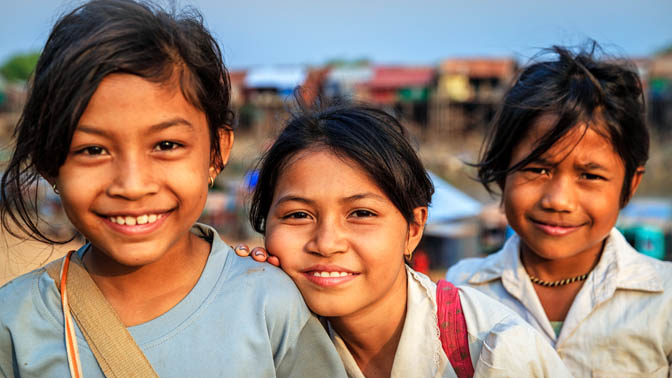
Establishing radiotherapy programs to treat cervical cancer in low- and middle-income countries could save 9.4 million lives and create $151 billion in economic benefits by 2035.
Those are the findings of a study recently published in Lancet Oncology by Princess Margaret Cancer Centre’s Drs. Danielle Rodin and Michael Milosevic.
Almost all cervical cancers are caused by human papillomavirus (HPV), a sexually transmitted infection. There are over 100 types of HPV, of which more than 40 of these types can cause cervical cancer. Persistent HPV infections can sometimes develop into cervical cancer if not treated.
The study explored the long-term demand, benefit and cost of implementing a 20-year strategy for radiotherapy to treat cervical cancer in low- and middle-income countries, alongside a simultaneous HPV vaccination program.
The researchers also looked at the effect of HPV vaccination over the same time period. They found that it would result in a 3.9% reduction in cervical cancer incidence—assuming a best case scenario of vaccinating every 12-year-old girl in the world starting in 2014. By 2072, when the first vaccinated cohort reaches 70 years of age, there would be a 22.9% reduction in cervical cancer incidence, still leaving 41.6 million in need for radiotherapy over that time period.
“Vaccination is very important, but we can’t neglect the millions of women who are contracting cervical cancer and dying in pain without access to treatment,” says Dr. Danielle Rodin, a clinician investigator and radiation oncologist at the Princess Margaret Cancer Centre. “These are women who have curable cancers – even advanced cervical cancer can be cured with radiotherapy. The possibility exists to make this treatment universally available.”
Click here to watch a video of Dr. Danielle Rodin discussing her findings.
Source: UHN.ca
Rodin D, Burger EA, Atun R, Barton M, Gospodarowicz M, Grover S, Hanna TP, Jaffray DA,
Knaul FM, Lievens Y, Zubizarreta E, Milosevic M. Scale-up of radiotherapy for cervical cancer in the era of human papillomavirus vaccination in low-income and middle-income countries: a model-based analysis of need and economic impact. Lancet Oncol. May 28, 2019. doi.org/10.1016/S1470-2045(19)30308-0.
Supported by the Canadian Association of Radiation Oncology, The Commonwealth Fund and The Princess Margaret Cancer Foundation.




